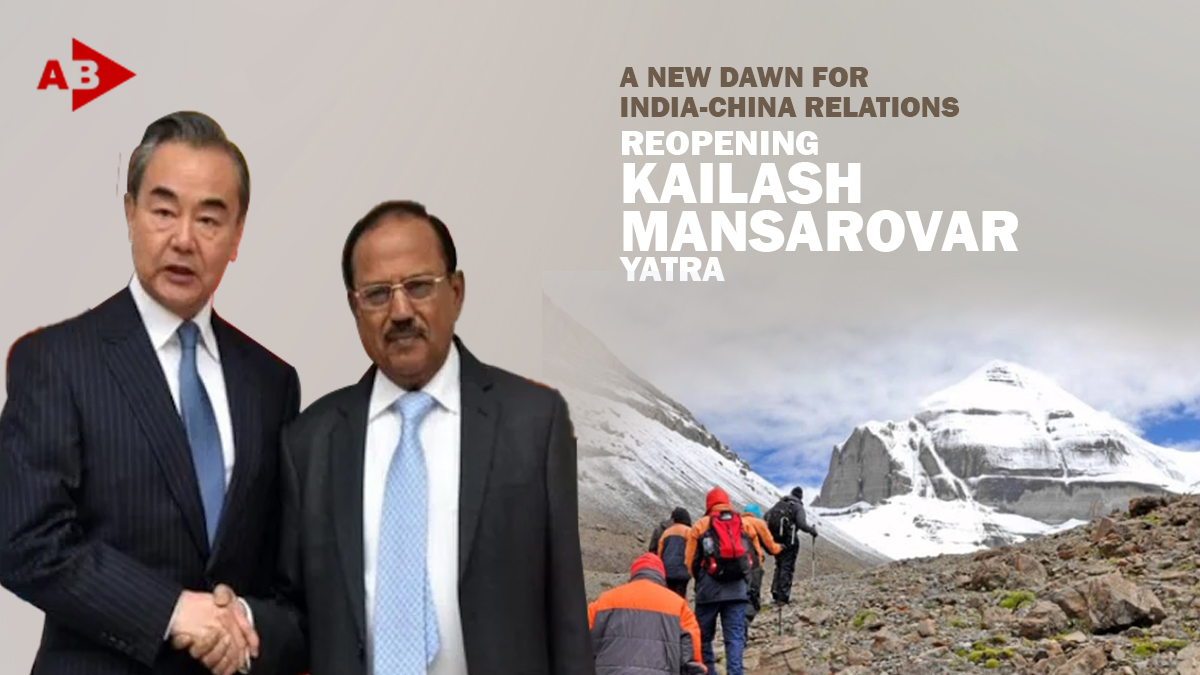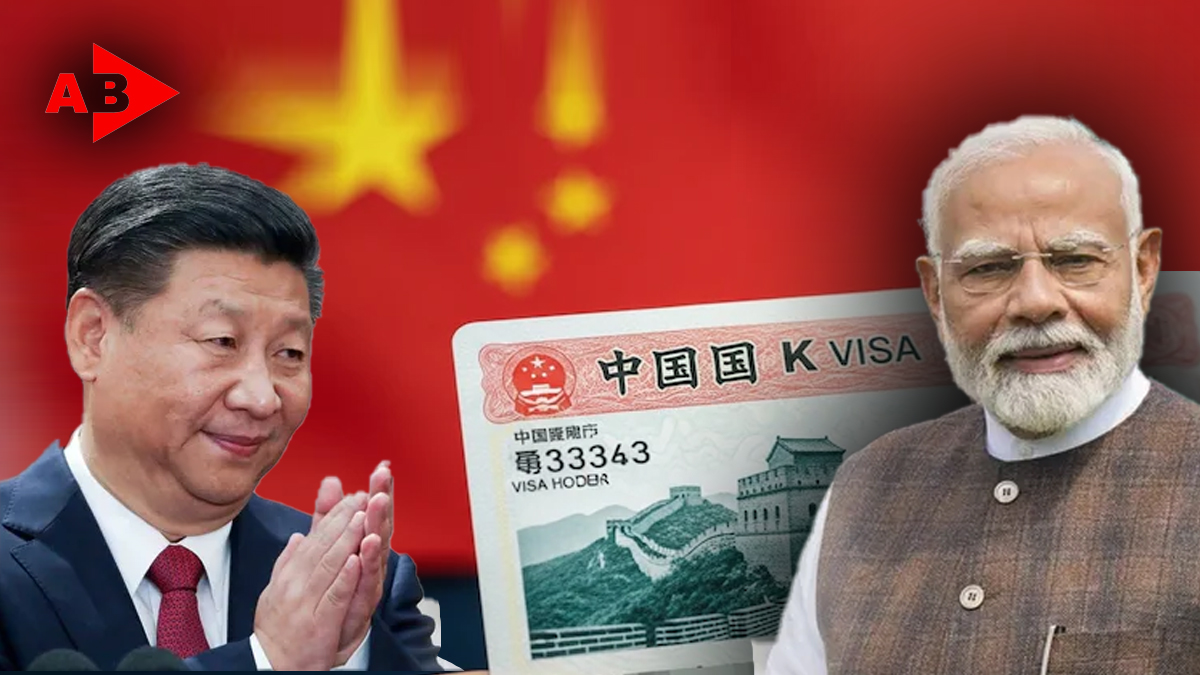
NSA Doval’s diplomatic engagement in Beijing marks a significant thaw in bilateral ties, with key agreements on spiritual pilgrimage, border cooperation, and economic collaboration.
National Security Advisor Ajit Doval’s visit to China has resulted in historic agreements, including the reopening of the Kailash Mansarovar Yatra. This diplomatic engagement signals a positive shift in India-China relations, focusing on spiritual journeys and enhanced bilateral cooperation. Discover the implications of Doval’s discussions and what it means for future ties between these two Asian giants.
J. Roy, AB News, New Delhi: In a significant development that bodes well for the relationship between India and China, National Security Advisor (NSA) Ajit Doval recently embarked on a diplomatic visit to Beijing. This visit comes at a crucial time, as the world observes the turmoil arising from conflicts like the Russia-Ukraine war and the Israel-Hamas conflict. The ongoing discussions and negotiations between these two Asian powerhouses signal a potentially positive shift in bilateral relations, especially concerning cultural and spiritual connections.
One of the most noteworthy outcomes of Doval’s trip has been the agreement to reopen the Kailash Mansarovar Yatra route. This sacred pilgrimage, vital for Hindu devotees, had been effectively halted after the Doklam standoff—a significant flashpoint in Sino-Indian relations. The reopening of this route represents not only a breakthrough for spiritual seekers but also a step toward healing the rifts that have plagued India-China relations in recent years.
During his visit, NSA Doval held discussions with Chinese Foreign Minister Wang Yi, leading to an alignment on six pivotal issues. Foremost among these was the renewed agreement to facilitate the Kailash Mansarovar Yatra without interruptions, allowing devotees to once again make this sacred journey to the home of Lord Shiva. This development is particularly impactful for Hindu pilgrims who had faced obstacles over the past five years due to geopolitical tensions.
Strengthening Ties Through Dialogue
Doval’s meeting with Wang Yi was historic, as it marked a resumption of Special Representative-level talks that had been stalled for five years. The discussions centered on several critical topics, including border management and enhancing cooperation on cross-border travel and commerce. For the first time in years, both nations engaged in constructive dialogue aimed at restoring trust and moving forward.
In addition to the Kailash Mansarovar Yatra, there was a collective commitment to bolster cooperation regarding shared river systems and to reopen Nathula Pass for border trade. These initiatives are expected to enhance economic ties and foster goodwill between the two countries, thereby contributing to the broader regional stability in Asia.
A Positive Outlook
The renewed discussions reflect a thawing of relations that had long been frozen in the aftermath of the Doklam confrontation. The diplomatic engagement between Doval and Wang Yi demonstrates the commitment of both governments to address longstanding issues in a collaborative manner. Specific agreements were reached to maintain peace along the borders and implement past accords effectively, with a focus on the security of the region and the well-being of their citizens.
Moreover, Doval’s interactions with other Chinese officials, including Vice President Han Zheng, further illustrate the depth of engagement during this visit. The decisions made in Beijing signal a willingness to work together on mutual challenges and lay the groundwork for a more amicable bilateral relationship.
Looking Ahead
As a result of this visit, 2024 is poised to be a pivotal year for India-China relations, with plans for another Special Representative-level meeting taking place in India. These developments indicate a renewed path for dialogue and cooperation as both nations continue to navigate their complex geopolitical landscape.
Ajit Doval’s visit to China could herald a new chapter in India-China relations, marked by positive engagement, mutual respect, and a shared commitment to spiritual and diplomatic ties. The reopening of the Kailash Mansarovar Yatra is not just a win for devotees but a symbol of potential reconciliation and partnership between two of Asia’s foremost powers. As the world watches, the hope is that this momentum will lead to sustained cooperation and lasting peace in the region.


